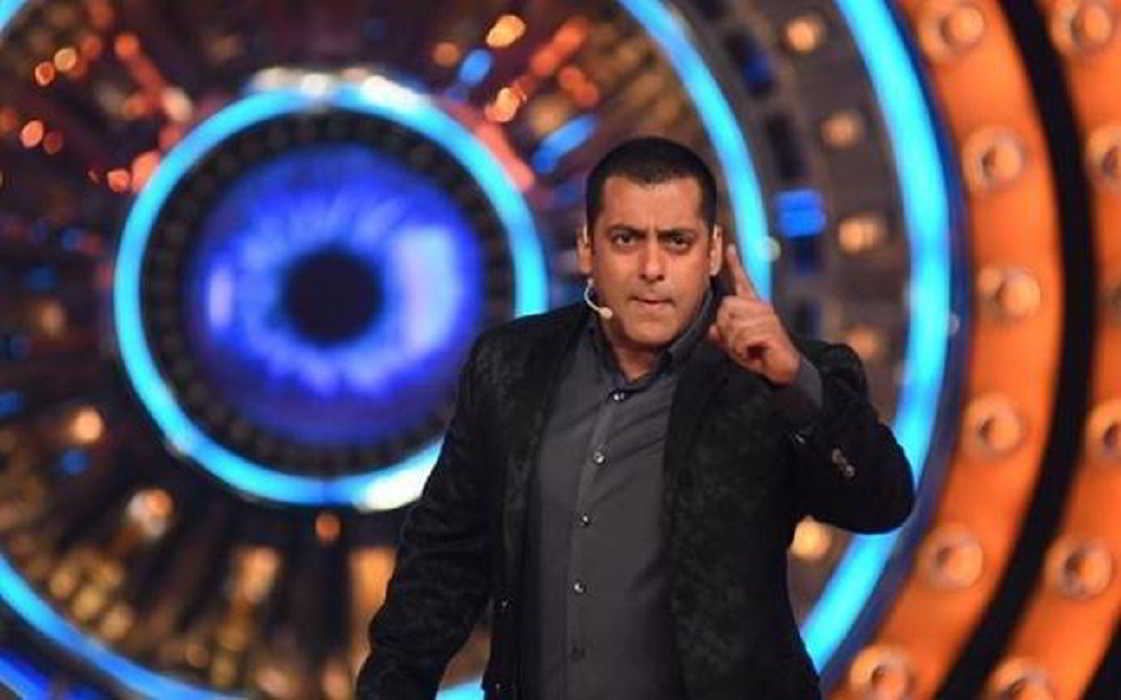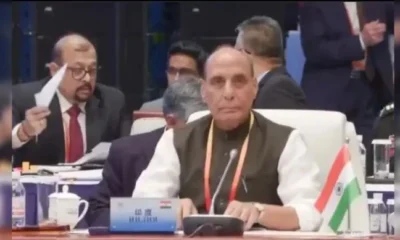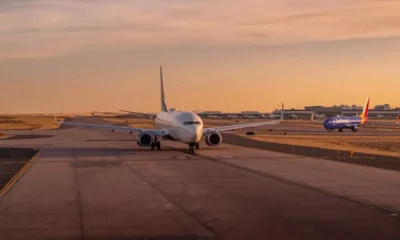[vc_row][vc_column][vc_column_text]The report carried in Business Standard says the sector will outpace India’s GDP growth.
PwC’s 2017 Global E&M Outlook projects the global entertainment and media industry will clock 4.2 per cent annual growth between 2016 and 2021 while the Indian industry is expected to grow at 10.6 per cent to exceed Rs 291,000 crore by 2021.
The key takeaways from the report are in line with major industry trends. TV advertising will continue to command a huge share of the advertising pie, though Internet advertising will emerge as the fastest growing advertising platform.
The report also predicts India will be among the largest and fastest growing newspaper markets in the country, owing to the popularity of vernacular publications, and rising literacy. “Unlike the global economy, which will see a shrinking contribution from the sector over the period, in India the sector’s growth will outpace the GDP growth rate,” said Frank D’Souza, partner and leader, entertainment and media, PwC India.
“Being a relatively under-developed market in per capita spending will allow the Indian industry to grow at 10.57 per cent over the next five years to an overall size of Rs 290,539 crore,” he added.
“Also being the least digitised market will allow the traditional media to grow without being disrupted by digital competition,” he said.
Television subscription revenue is expected to grow at 11.6 per cent annually (global 1.3 per cent) from Rs 52,755 crore in 2016 to Rs 90,713 crore in 2021. Though subscriber numbers are still growing, the report predicts the explosive growth of the recent past will not be replicated.
While the cable market is approaching a saturation point it, will continue to account for over 55 per cent of the total pay-TV market in 2021.
TV advertising will rise from Rs 21,874 crore in 2016 to Rs 37,315 crore in 2021, growing at 11.1 per cent. Globally, TV advertising is expected to grow at 2.1 per cent over the forecast period.
India is ranked eighth in the Asia-Pacific region in Internet advertising. The segment is growing faster than any other advertising platform at 18.6 annually, yet it is still an immature online ad market due to lack of Internet access among Indians.
However, this is double the global growth rate, estimated at 9.8 per cent.
Currently mobile Internet advertising comprises 27.6 per cent of total online spending, marking a clear gap between Indians with mobile access and brands reaching out to the mobile audience.
India’s Internet video segment revenue in 2016 was Rs 560 crore and will grow at 22.4 per cent annually (global 11.6 per cent) to Rs 1,540 crore in 2021, according to the report.
Transactional video-on-demand is expected to account for over 61 per cent of total Internet video revenue in 2021, with many households not wanting to commit to the regular payments of subscription video-on-demand.
Content providers will see more traction by breaking content into snackable segments and charging only for those rather than providing long format content. For example, people will be more willing to pay for the highlights of a cricket match than watch the whole match on a paid platform, according to the report.
Box office revenue is expected to grow from Rs 10,957 crore in 2016 to Rs 18,047 crore in 2021, at an annual rate of 10.4 per cent. Globally, it is estimated that box office revenue will grow at 4.4 per cent annually with mature markets like the US facing challenges in attracting footfalls to cinema halls.
In India, cinemagoers will rise from an estimated 2 billion in 2016 to 2.3 billion in 2021 and ticket prices will rise at 7.9 per cent annually over the period.
India is one of the few major cinema markets in which 100 per cent digitisation of screens has not yet been achieved, and it is not expected to occur over the forecast period.
Publishing in India is expected to grow from Rs 38,601 crore in 2016 to Rs 44,391 crore in 2021 at an annual rate of 3.1 per cent. Book publishing is projected to grow at 6.1 per cent annually over 2017-2021 while magazines are expected to grow at 3.3 per cent annually over the period. The Indian newspaper industry will grow from Rs 23,161 crore in 2016 to Rs 24,447 crore (1.1 per cent) in 2021, distinctly positive when compared to the segment’s 2.7 per cent degrowth globally predicted by PwC.
Courtesy: Business Standard
[/vc_column_text][/vc_column][/vc_row]


 LATEST SPORTS NEWS16 hours ago
LATEST SPORTS NEWS16 hours ago
 India News16 hours ago
India News16 hours ago
 India News17 hours ago
India News17 hours ago
 India News16 hours ago
India News16 hours ago
 Latest world news10 hours ago
Latest world news10 hours ago
 India News8 hours ago
India News8 hours ago















